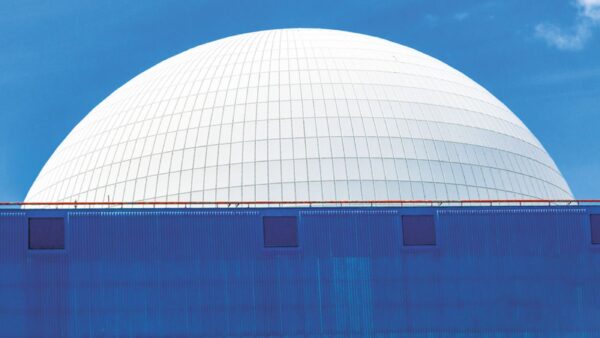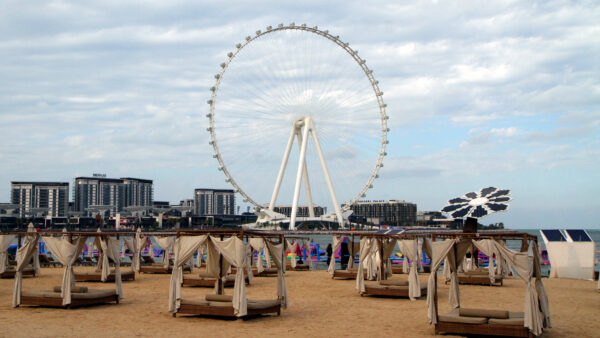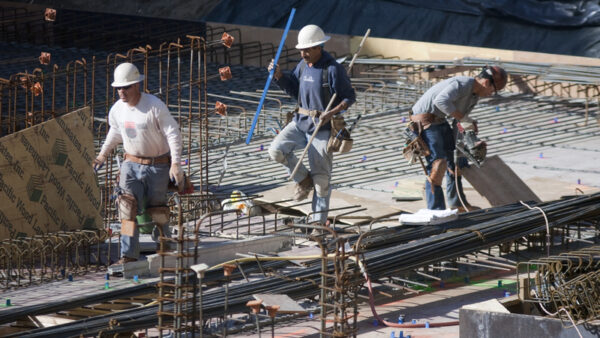The Russian government has refused the state rail operator’s request for $1.83bn in funding next year, casting doubt on ambitious rail infrastructure plans.
The Kremlin’s refusal follows the surprise resignation of the loss-making operator’s chief executive, Vladimir Yakunin (pictured), who has been a close ally of president Vladimir Putin.
The withholding of funds and Yakunin’s sudden departure from the operator, Russian Railways, has sparked speculation about a possible fall from grace for Yakunin, and highlights the squeeze on Russia’s finances caused by the low oil price and US and European sanctions.
Russian Railways had asked for $1.83bn in 2016 from the federal budget and from Russia’s $75bn oil-revenue-fuelled sovereign wealth fund, the National Wealth Fund, to maintain its financial stability, saying it would otherwise need to raise tariffs by 17.7%.
From the point of view of management, Russian Railways is in crisis and the sooner it overcomes it, the sooner this will have a positive effect on economic recovery– Ilya Buturlin, Hedge.pro managing director
But the government refused, saying it should look to cut costs instead, according to Russian state-owned English-language media outlet, Russia Beyond The Headlines (RBTH), citing Russian newspaper Vedemosti.
Last year Russian Railways, thought to be Russia’s single largest employer, launched a major programme of track refurbishment, with plans to upgrade transport corridors from Asia into Europe along the Trans-Siberian and the Baikal-Amur rail lines.
But the fate of those plans is now unclear.
The operator, meanwhile, suffered big losses last year, and has been criticised for being inefficient.
It ended 2014 with losses of $2.8bn, reported RBTH.
RBTH also quoted Hedge.pro managing director Ilya Buturlin, who said Russian Railways’ operating costs grew by 250% between 2003 and 2014 while the average speed of freight trains dropped from 39.6km/h in 2004 to 37.7km/h in 2014.
“From the point of view of management, Russian Railways is in crisis and the sooner it overcomes it, the sooner this will have a positive effect on economic recovery,” Buturlin told RBTH.
Last week it was unexpectedly announced that Vladimir Yakunin would step down from his post as Russian Railways’ chief executive, and would stand for election to Russia’s senate, the Federation Council.
The move would be a significant diminution of power for the 67-year-old, who has run Russian Railways since 2005.
Considered until now a member of Vladimir Putin’s inner circle, Yakunin was subject to US sanctions last year over the conflict in Ukraine.
In 2013 opposition figure Alexei Navalny accused Yakunin of creating an illegitimate business empire from the proceeds of corruption.
Yakunin has denied allegations of corruption.
Two days after Yakunin’s departure was announced, 45-year-old Oleg Belozerov, First Deputy Transport Minister, was named as his successor.
A government source told Bloomberg that Putin is ready to replace long-serving allies in his inner circle with trusted younger people ahead of the 2018 presidential election.
Meanwhile, Russian Railways is not the only state-owned giant feeling the Kremlin’s cold shoulder.
Also last week the government rejected oil monopoly Rosneft’s request for $4.3bn to fund five capital projects, The Financial Times (FT) reported.
The government said it would fund one of the projects, a new shipyard, but only if enough advanced orders demonstrated its commercial viability.
The FT observed that the fall in the value of the ruble and the closure of western capital markets resulting from sanctions has “triggered a scramble” to secure finance from the National Wealth Fund, which support’s Russia’s pension system.
Photograph: Russian Railways chief executive Vladimir Yakunin, left, test drives a new high-capacity freight locomotive in 2011 with Siemens chief executive Peter Löscher, middle, and the then governor of Sverdlovsk Oblast, Alexander Misharin (Tatyana Andreeva/Wikimedia Commons)






